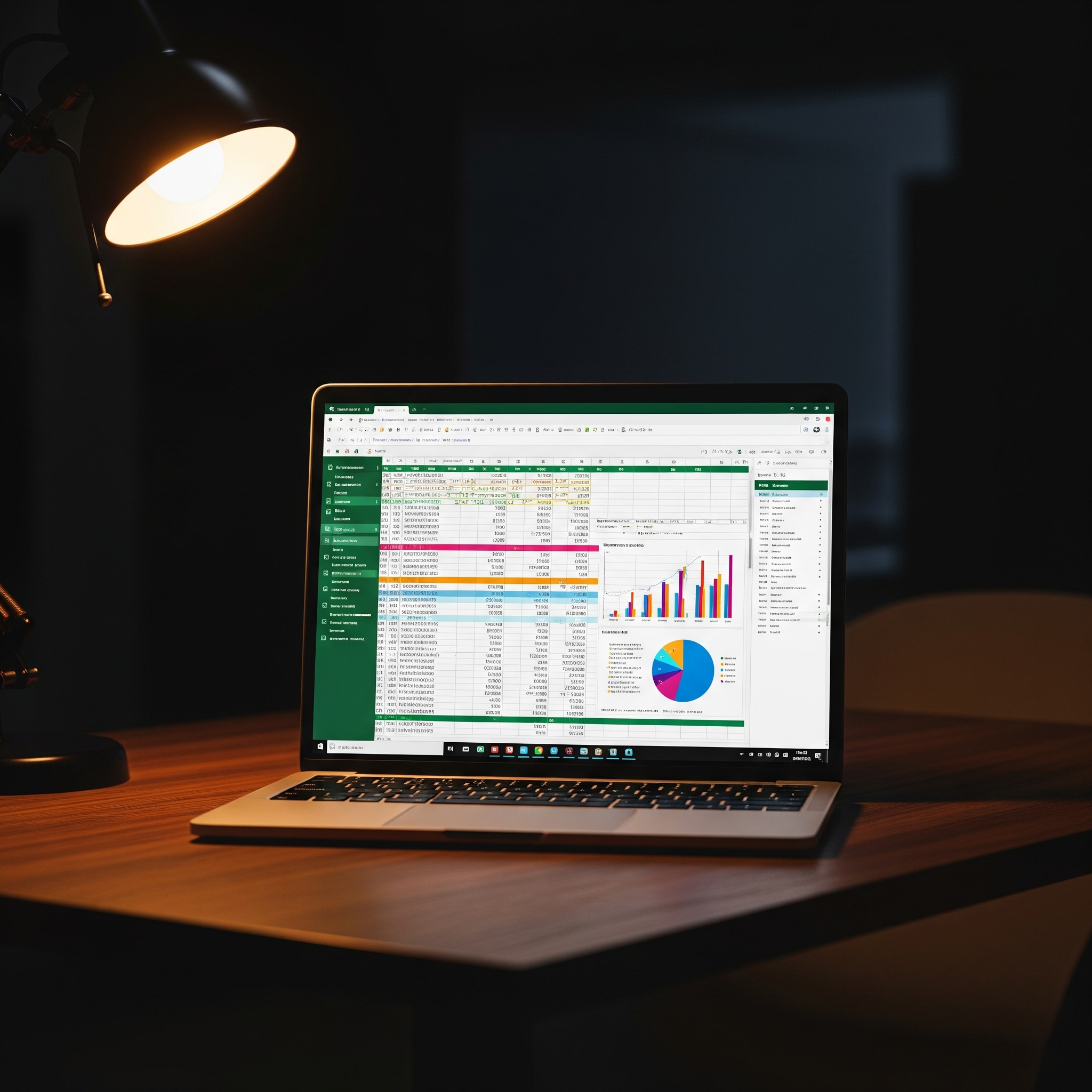Accounting Technology & Tools

The field of accounting has evolved dramatically in recent years, thanks in large part to advances in technology.
What used to be a profession defined by ledgers, calculators, and paper receipts is now one of the most tech-forward disciplines in business.
Accounting technology and tools have transformed how professionals manage financial data, streamline operations, and provide insights that drive better decision-making.
The Shift from Manual to Digital
Gone are the days when accountants had to rely solely on spreadsheets and manual entry. Today, cloud-based accounting platforms like QuickBooks Online, Xero, and FreshBooks offer real-time access to financial data, making collaboration between businesses and their accountants easier than ever. These platforms automate key tasks such as invoicing, bank reconciliation, and payroll, freeing up time and reducing human error.
The move to digital systems also means enhanced accuracy and better compliance. With built-in checks and rules, accounting software can help users stay aligned with tax regulations and industry standards. These tools not only help avoid costly mistakes but also allow users to track financial performance with precision.
Automation and Artificial Intelligence
Automation has been a game changer in accounting. Repetitive tasks like data entry, transaction categorization, and expense tracking can now be handled by intelligent software. Artificial intelligence (AI) is also playing a growing role by learning from past entries to suggest or even make decisions about categorizing expenses or detecting anomalies.
AI-powered platforms can now analyze vast amounts of financial data to uncover trends, highlight unusual activity, and generate reports. These capabilities support more informed strategic planning and proactive decision-making, making accountants more valuable as business advisors rather than just number crunchers.
Integration with Business Systems
Modern accounting tools don’t operate in isolation. They often integrate with other business systems, such as customer relationship management (CRM) software, point-of-sale systems, and e-commerce platforms. These integrations provide a seamless flow of data between departments, reducing manual input and ensuring consistency across systems.
For example, a sale recorded in an online store can automatically update inventory levels, generate an invoice, and reflect in the financial statements—all without human intervention. This real-time connectivity gives businesses a clearer, up-to-date view of their financial health.
Security and Compliance
With financial data moving online, security is a top concern. Fortunately, modern accounting platforms use encryption, multi-factor authentication, and regular backups to keep information safe. They also help businesses stay compliant with tax laws by updating tax rates and forms automatically and generating reports that make audits easier to manage.
The Future of Accounting Technology
As technology continues to evolve, so too will the tools available to accountants. Blockchain, advanced analytics, and even predictive forecasting are on the horizon. These developments promise to make accounting not just a function of tracking the past, but a strategic tool for shaping the future.
Staying updated with the latest accounting technologies is not optional. Instead, it is essential. If you are a solo entrepreneur or managing a growing enterprise, embracing these tools can help you save time, reduce errors, and gain a deeper understanding of your finances.
